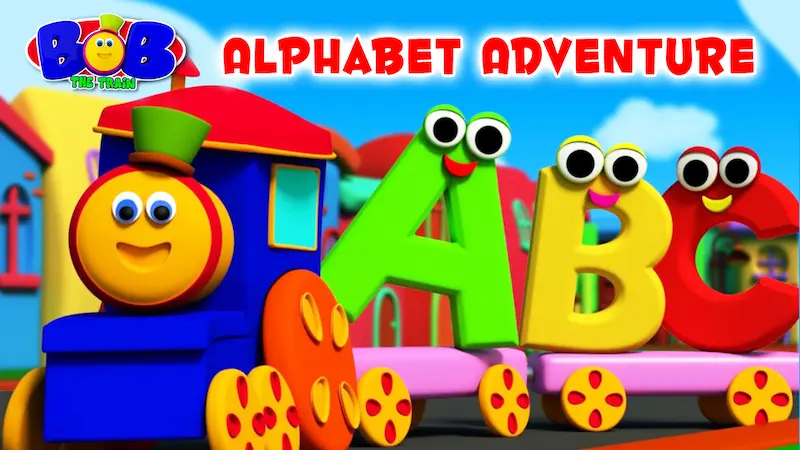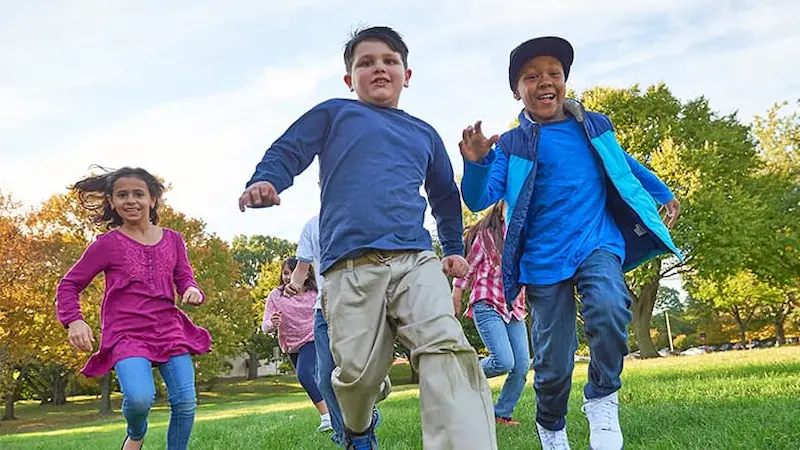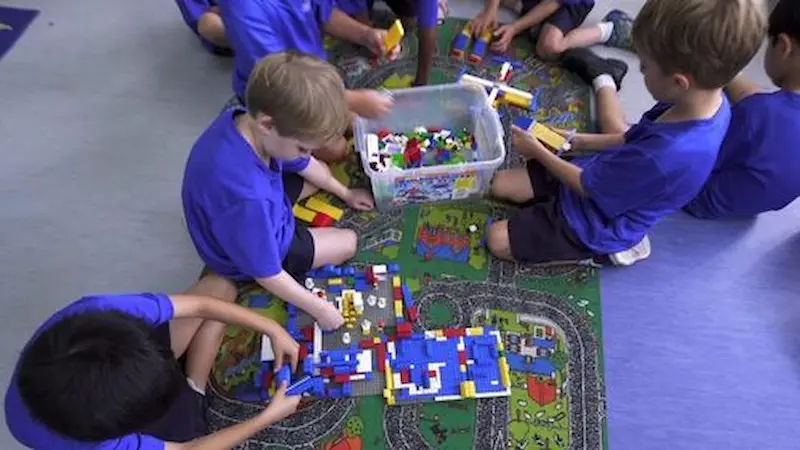Preschool years mark a pivotal period in a child’s developmental journey. Engaging kids in a plethora of educational yet enjoyable activities lays the bedrock for their learning expedition. These structured activities and playful games not only captivate young minds but also foster essential skills vital for their overall growth and development.
The significance of fun and interactive activities during early childhood cannot be overstated. These activities serve as fundamental pillars for various developmental facets, including cognitive prowess, social adaptability, emotional intelligence, and physical dexterity.
Table of contents
- Structured Activities vs. Free Play
- 1: Colorful Art Creations
- 2: Sensory Play Sensations
- 3: Storytime Adventures
- 4: Nature Exploration
- 5: Musical Magic
- 6: Alphabet Adventures
- 7: Number Quest
- 8: Science Safari
- 9: Outdoor Playtime
- 10: Puzzles and Problem-Solving
- Benefits of Preschool Activities
- Parental Involvement
- Conclusion
- Frequently Asked Questions (FAQ’S)
Structured Activities vs. Free Play
Striking a balance between structured activities and free play is crucial in crafting a well-rounded preschool education. While structured activities offer guidance and direction in learning, free play grants children the freedom to explore, create, and imagine independently.
Both these approaches complement each other splendidly, contributing significantly to a child’s holistic development.
1: Colorful Art Creations
Art for kids activities continue to be a delightful avenue to spark creativity and refine fine motor skills in preschoolers. By employing age-appropriate supplies such as non-toxic paints, crayons, and clay, children can express their imagination through drawing, painting, and sculpting.
Engaging in art projects not only stimulates creativity but also aids in sensory exploration, allowing them to discover different textures and mediums.
2: Sensory Play Sensations
Sensory activities act as a gateway for children to explore their senses and comprehend various textures and stimuli. The incorporation of safe and engaging materials like kinetic sand, water tables, and textured objects offers a playground for sensory discovery.
These activities play a pivotal role in enhancing sensory perception and promoting cognitive development by fostering connections between sensory experiences and learning .
3: Storytime Adventures
Introducing children to the enchanting world of books and storytelling nurtures a profound love for reading and language. Reading age-appropriate books and engaging in interactive storytelling sessions not only stimulate imagination but also cultivate language skills and emotional understanding in young minds, fostering empathy and effective communication skills .
4: Nature Exploration
Activities intertwined with nature offer children opportunities to connect with the natural world. Encouraging them to explore outdoor environments, identify plants, and observe wildlife not only stimulates curiosity but also instills a sense of wonder and appreciation for the environment and biodiversity.
5: Musical Magic
Musical activities encompassing rhythm, songs, and age-appropriate instruments serve as catalysts for creativity and an understanding and appreciation of music. Participating in musical games and activities aids in auditory development, fosters an understanding of patterns, and enhances coordination skills.
6: Alphabet Adventures
Activities focused on the alphabet play a crucial role in promoting letter recognition and early literacy skills. Engaging preschoolers in creative exercises and games centered around the alphabet not only makes learning enjoyable but also lays a sturdy foundation for future academic success in language and reading comprehension.

7: Number Quest
Mathematical activities and math games for kids serve as fundamental tools in building numeracy skills and problem-solving abilities. By utilizing age-appropriate math materials and interactive games, preschoolers engage in learning basic math concepts in a playful and enjoyable manner, fostering a positive attitude towards mathematics.
8: Science Safari
Science-related activities pave the way for children to explore basic scientific concepts through hands-on experiments and exploratory play. Encouraging them to engage in simple experiments ignites curiosity and nurtures a love for learning about the world around them, fostering a spirit of inquiry and discovery.
9: Outdoor Playtime
Outdoor activities contribute significantly to physical development and the enhancement of gross motor skills. Providing age-appropriate outdoor equipment and ensuring safety measures enable children to relish active play and exploration, fostering a deeper connection with the natural world and promoting a healthy lifestyle.

10: Puzzles and Problem-Solving
Puzzle and problem-solving activities serve as catalysts in sharpening critical thinking and logical reasoning skills. Offering age-appropriate puzzles and challenges encourages children to think creatively, develop perseverance, and find solutions independently, nurturing resilience and adaptability.
Benefits of Preschool Activities
Participating in a wide range of preschool activities offers a multitude of advantages that greatly impact a child’s development across various domains. These activities play a pivotal role in fostering cognitive development, enhancing academic readiness, and nurturing socio-emotional growth. By engaging in a diverse array of activities tailored for their age group, young children experience a holistic approach to learning that integrates fun and educational experiences.
Cognitive development flourishes as children explore and interact with different activities. Activities such as, storytelling sessions, simple counting games stimulate and puzzles for kids their cognitive functions, aiding in the development of problem-solving skills, memory retention and critical thinking for kids. These experiences lay the groundwork for enhanced cognitive abilities, preparing them for the academic challenges they will encounter in later stages of education.
Parental Involvement
The role of parents in their child’s preschool activities is irreplaceable. Actively participating and engaging with children during these activities not only strengthens the parent-child bond but also enriches the learning experience by providing encouragement, guidance, and support.
Conclusion
Preschool activities and games serve as indispensable tools in shaping a child’s early development. The integration of a wide variety of activities that seamlessly merge fun with learning cultivates a holistic approach to education, ensuring that children are not only prepared for academic challenges but also equipped with essential life skills for future endeavors.
Through active engagement and a balanced blend of structured activities and play, children embark on a journey of exploration, creativity, and growth during their formative years.
To get your hands on more educational and free resources on coding for kids, robotics for kids, financial education for kids, etc., do check out the BrightCHAMPS Page now!
Frequently Asked Questions (FAQ’S)
A1. Parents can ensure activities are age-appropriate by considering their child’s developmental milestones. They should look for activities that match their child’s cognitive, social, emotional, and physical abilities. Age-appropriate activities engage children without overwhelming or under-stimulating them.
A2. Safety is paramount. Parents should ensure activities use child-safe materials and are supervised to prevent accidents. Sharp objects, small parts, or potential choking hazards should be avoided. Also, activities should take place in a safe environment free from potential risks.
A3. Different activities offer diverse benefits. For instance, puzzles enhance problem-solving skills, arts and crafts promote creativity, while outdoor play fosters gross motor skills and social interaction. Each activity contributes to cognitive, emotional, social, and physical development in unique ways.
A4. Yes, these activities can be integrated into a preschool curriculum. Educators can align activities with learning objectives, adapting them to suit the classroom setting. They should offer a variety of activities to cater to different learning styles and abilities while providing guidance and support as needed.
A5. Balancing structured activities with free playtime is crucial. Structured activities aid skill development, while free play fosters creativity and imagination. Parents and caregivers should create a schedule that incorporates both, allowing the child to learn through guidance and exploration, ensuring a holistic preschool experience.


 We are an army of educators and passionate learners from BrightChamps family, committed to providing free learning resources to kids, parents & students.
We are an army of educators and passionate learners from BrightChamps family, committed to providing free learning resources to kids, parents & students.














